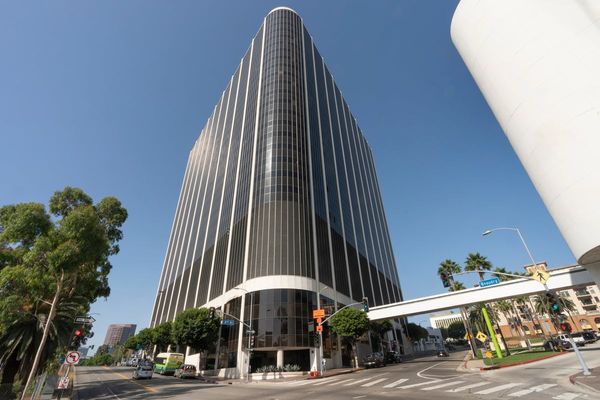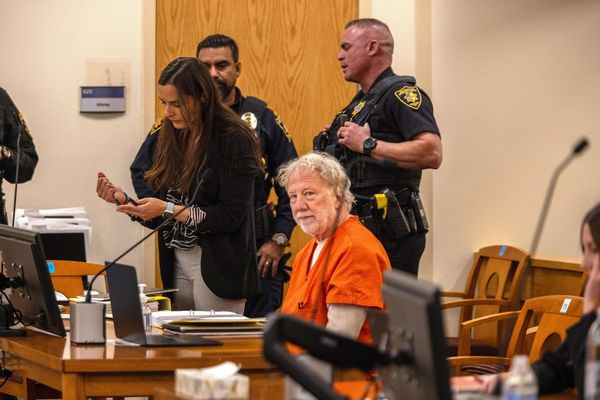
A UN convoy of 11 trucks has entered rebel-held north-western Syria from Turkey via the newly opened Bab al-Salam crossing as the death toll from last week's earthquake reached almost 40,000. More than 50 other trucks with UN humanitarian aid have already been sent through another crossing at Bab al-Hawa.
On Wednesday morning the death toll from the quake stood at more than 39,100 as officials and medics said 35,418 people had died in Turkey and at least 3,688 in Syria.
Rare survivors were pulled from the debris eight days after the 7.8-magnitude quake struck Syria and Turkey, but the focus has switched from rescue to providing food and shelter to millions in need.
Following the disaster, residents faced the harsh realities of surviving in cities turned to ruin in the middle of the winter freeze.
New aid convoy route
An aid convoy passed through a newly re-opened border crossing into rebel-held north-western Syria, where help has been slow to arrive since last week's earthquake.
A convoy of 11 UN trucks entered Syria through the newly-opened Bab al-Salam border point, after Damascus agreed to let the world body use the crossing for aid.
The trucks were loaded with essential humanitarian assistance, including shelter materials, mattresses, blankets and carpets, Paul Dillon, a spokesman for the UN’s International Organization for Migration, told AFP.
The UN has so far sent more than 50 trucks of aid through the Bab al-Hawa crossing.
Following international pressure, Syrian President Bashar al-Assad allowed the use of two more crossings, Bab Al-Salam and al-Raee, for an initial period of three months.
Activists and local emergency teams have decried the UN's slow response to the quake in rebel-held areas, contrasting it with the planeloads of humanitarian aid delivered to government-controlled airports.
The UN also launched an appeal for $397 million to cover three months of “life-saving relief” for victims in Syria and said it was close to a similar plan for Turkey.
“Millions of people across the region are struggling for survival, homeless and in freezing temperatures,” UN Secretary-General Antonio Guterres said.
(with wires)







